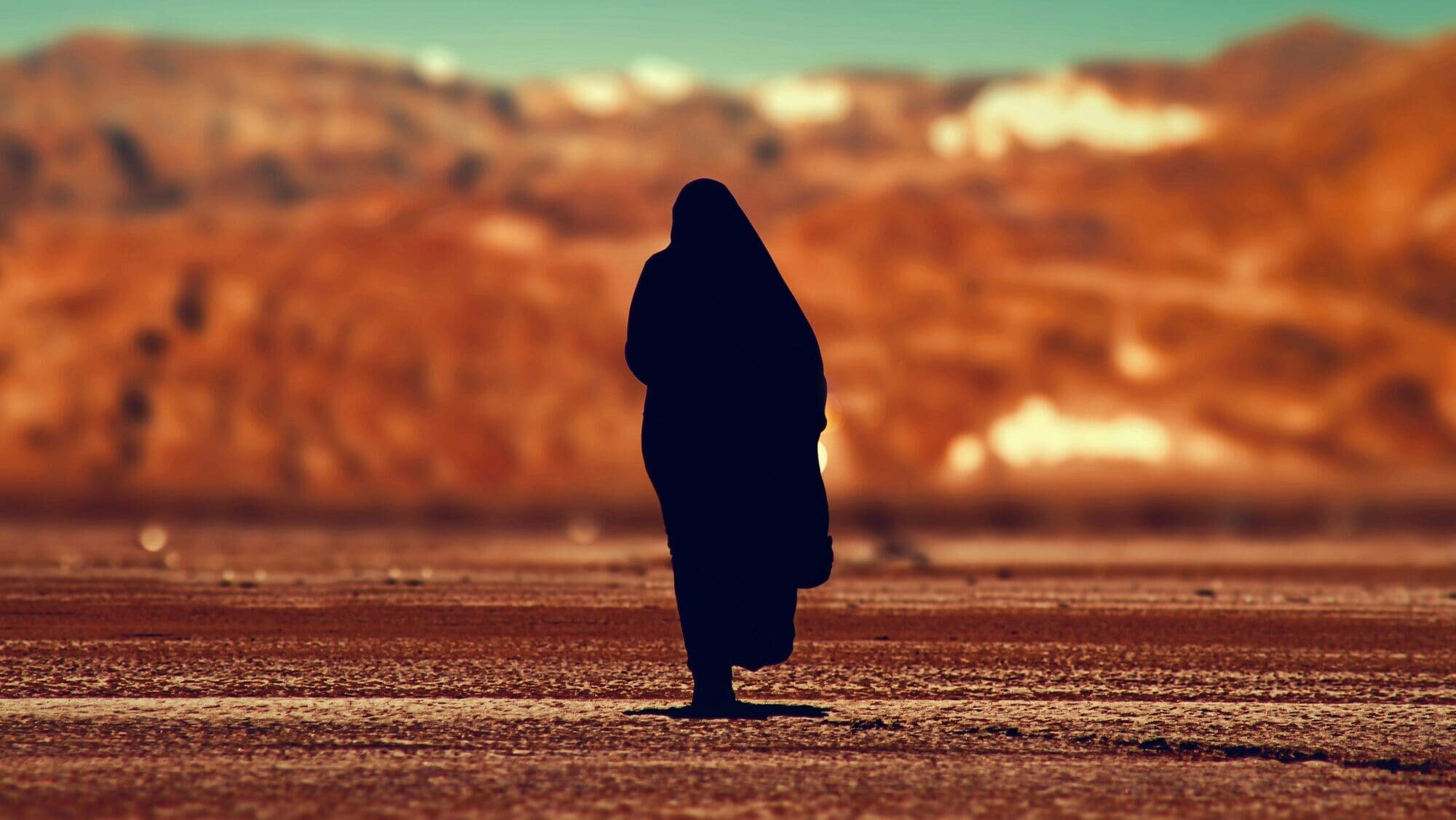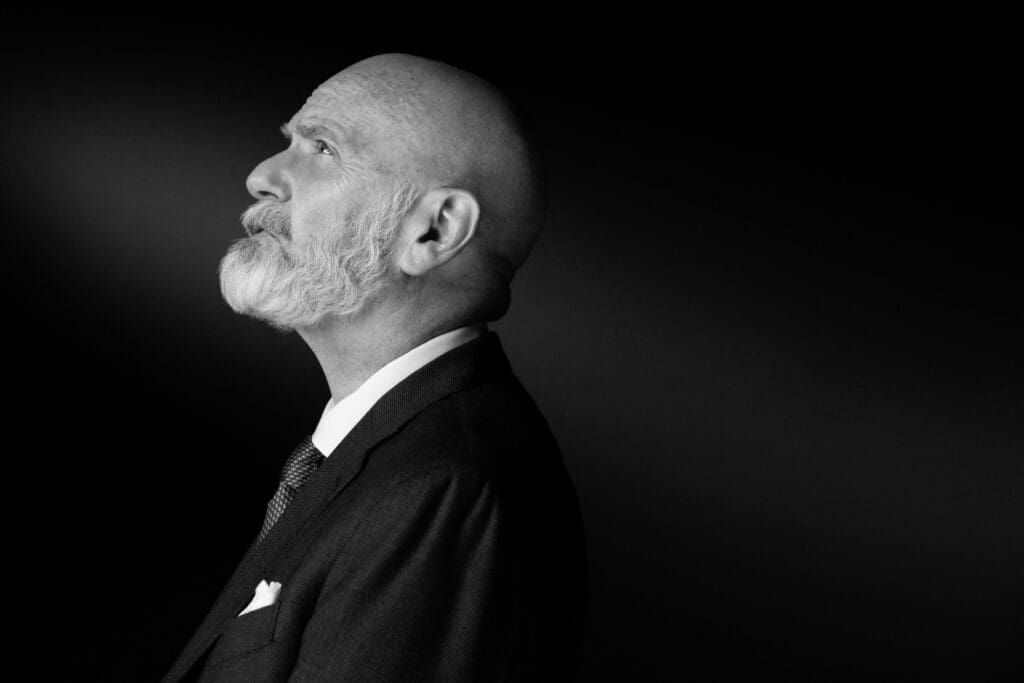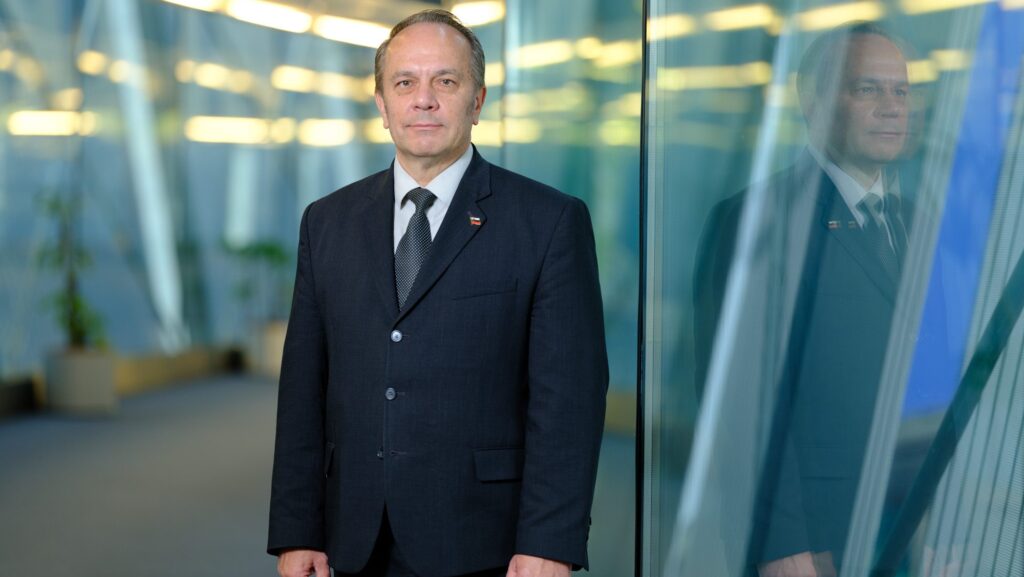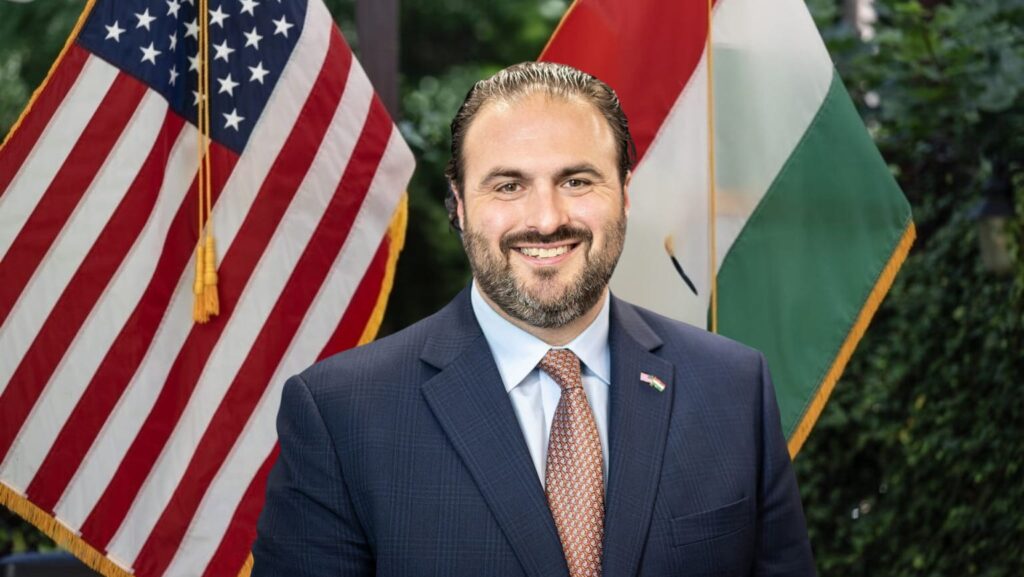Hanan Serroukh is a social educator and coordinator of the Islamic Studies Area of GEES (Grupo de Estudios Estratégicos—a think tank that collaborates with the State Security Forces). Serroukh has just published Coraje: El precio de la libertad (Courage: The Price of Freedom), an autobiographical work that analyses how Islamism and its leaders have penetrated the structures of Spanish society.
Why did you write this book?
I wanted to mark a turning point in my life, and tell what I have experienced in first-person. The book covers my life trajectory and how I have faced and positioned myself in the face of different challenges: from those I have experienced, on a social level, to those posed by the structuring of a society that is suffering the catastrophe of multiculturalism, and the veto on the debate about what we currently have and what we want to be.
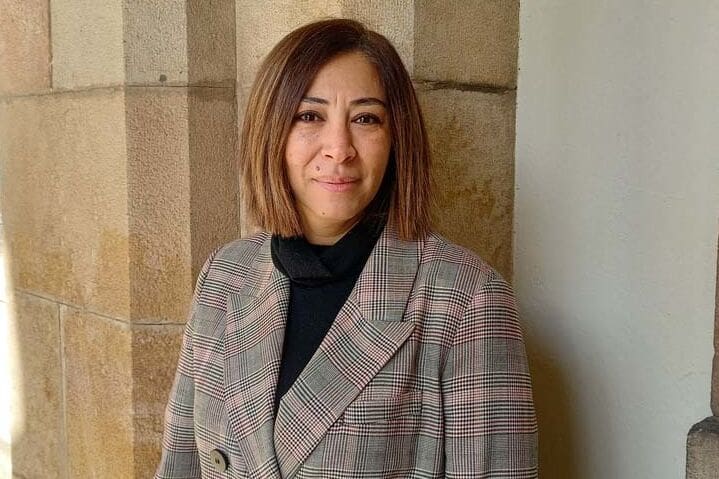
There are two readings in the book. Through my daughter’s questions, I address young people to tell my story: as a teenager, how I went from running away from a forced marriage and ended up in absolute poverty, to talking face-to-face with the president of the Catalan government. And, at the same time, in a Spain that had no perception of the danger of Islamism, I took a stand against this ideology with all the consequences that entails: from repudiation to having to build my own identity.
Does the first turning point in your story begin with the forced marriage?
Yes, it is a moment that breaks with my previous life. It was a normal, complete life, like that of any Spanish girl, a life in which there was no Islamic separatism and in which, as the daughter of immigrants born here, I lived in a society that was solid in its principles and strong in its community identity. But the appearance of Islamism put an end to all that and broke that coexistence. My mother, after being widowed, married a Salafist—one of the first to arrive in Spain—and I suffered that rupture in my own home. The Moroccan community that immigrated in the ’60s and ’70s wanted both to develop as professionals and to progress, but Islamism turns this desire into an idea of conquest through manipulation, and it encourages separation.
Is it something similar to what happened in France, with the difference between the first generation of immigrants and the later ones?
Yes, that’s what happened. Islamists, who were persecuted and rejected in the countries of origin, saw an opportunity to spread and expand their ideology. The result is what we have today all over Europe.
When you talk about forced marriages, many people think that it only happens in Afghanistan or similar countries, but, as in your case, it is also happening in Europe.
That’s right. I’ve lived in Catalonia, in Spain. I was born in Barcelona, in 1974, and this has been happening here and in other parts of Europe for a long time. I was able to escape because the ghetto and the pressure on the community was not as strong as it is now. Now, in 2024, there is much more control and there is also much more repudiation not only from the family and from the Muslim community, but also from Western lobbies and NGOs in favour of multiculturalism, who attack anyone who denounces this situation. I laugh when I am labelled an “Islamophobe” or a “racist,” when I am exposing the reality of the violence suffered by thousands of young people in Europe because of the cruelty that Islamism inflicts on society. That is what we are up against.
Who did they want you to marry?
They wanted to marry me to a person close to the Islamist who married my mother, to regularise his status. This happens a lot. Unfortunately, women who do not manage to flee are generally mistreated. Some believe that they have to pay the price of accepting this marriage for the honour of the family, or out of respect for the community, thinking that afterwards they will be able to separate; the reality is not like that, and then comes the abuse and violence.
Are forced marriages a reality in Catalonia?
Of course, they are still happening, and unfortunately this reality is ignored. The Catalan authorities recognise that the Muslim community’s interlocutors show a friendly face, but they have an iron hand in imposing Islamic codes in their neighbourhoods. They know this, but no action is taken because there is no political will. This is reflected when Salafist leaders have been expelled, and we see how hard it is to carry out these expulsions. And this despite the fact that we are talking about Islamists who are restricting people’s freedoms, or impeding the visibility of girls by imposing the hijab and the black mesh. However, those who suffer or have suffered this violence are ignored and the debate is not allowed in the institutions: Who encourages forced marriages? Why do we suffer this scourge in Spain in 2024, when we are horrified when it happens in Iran or Afghanistan? Why is discussing it a taboo?
It may be yet another example of the anti-Western mentality that surrenders to anything that is foreign. In recent years, have you seen a greater social awareness of this issue, or are we still blind to it?
Unfortunately, it is still a taboo. With my book, I seek to raise awareness and generate debate, because it is taboo to talk about it, because it is read in a biassed and extreme way, and because it is a source of serious problems, such as the separation and Islamisation of entire neighbourhoods. The administration does nothing to prevent this, and it ends up recognising and giving authority to the Islamist leaders who have turned these neighbourhoods into ghettos. It is urgent to deal with this issue in a responsible manner before, in places like Catalonia, we reach a point of no return and a confrontation between democracy and Islamism.
You talk about reaching a confrontation. How do you see the situation in Catalonia?
I have seen how something that I thought was distant or even exotic (as was my case) has become commonplace. We have normalised seeing a woman consciously walking behind men, or seeing girls wearing hijab. This is the consequence of the penetration of Islamism into all strata, from the most vulnerable social classes to political and academic institutions. Nothing is accidental, and it has been brewing for years and years. We have taken crucifixes out of the classroom, but we have introduced Islam, and this is due to the infiltration work of Islamism.
An Islamism that is very well financed from different countries.
Yes, but it is no longer just that. The Islamists have their own lobbies within Europe, structured and developed here, with funding from European institutions. The money no longer comes only from outside. The engineering of Islamism from the 1970s until now has been very successful, and it has crept into European institutions.
Multiculturalism has generated segregation. For me, it is the most refined racism, because it separates people on the basis of their origin, and this segregation generates fissures that Islamism has been able to exploit. Islamists have presented themselves as the solution and the interlocutor for short-sighted politicians, offering the vote in exchange for advantages. Over time, this vote evolves from being just a folkloric element to having its own weight and identity, and eventually a party of its own.
As has happened to the Greens in the UK, which looks like a Muslim party.
It is a Muslim party. I don’t understand why feminists don’t react to what is happening, because where are the women? This feminism doesn’t represent me, but the question of women is a thermometer of the evolution of Islamism in terms of the roles it occupies. It is no longer about the right to wear hijab. What it is about, in more and more forgotten neighbourhoods, is the right not to wear hijab. It is about the right of girls to have their image or to study without having to go to the madrasas, because Islamists consider that they can only study if they first go to the madrasas.
Is what has happened in the UK what is in store for Europe?
I think the reality of France is going to become more acute and more widespread, and it is going to be the reality of Europe. And it is already the reality in Catalonia. Islamism is an option that some do not face because of fear, cowardice, and lack of loyalty to their country, and others because they are complicit. It is not a question of rejecting a religion; Islamism, its violence and its will to conquer, must be rejected and confronted.

